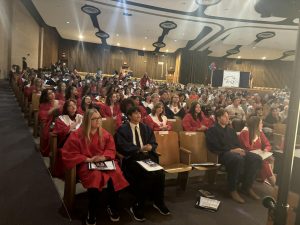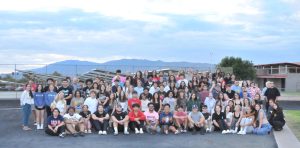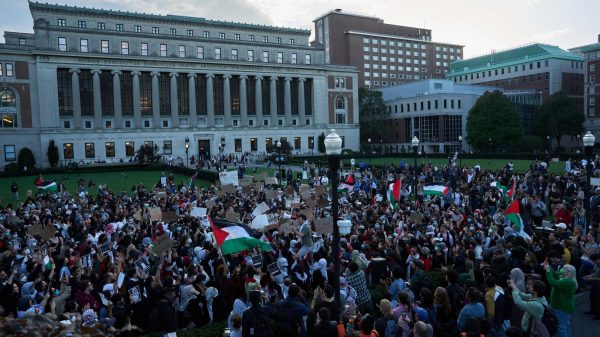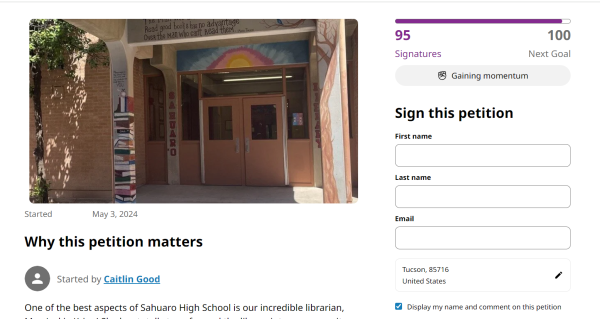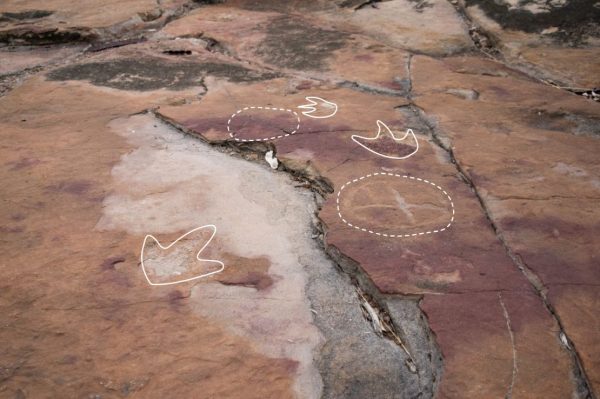Holocaust Remembrance Day – 75 Years After Auschwitz Liberation
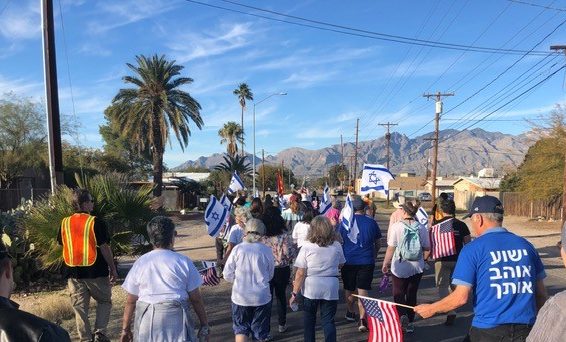
January 20, 2020
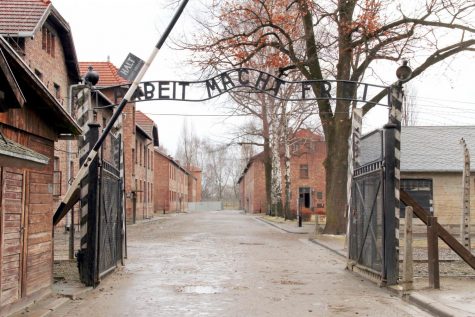
This year marks the 75th anniversary of Auschwitz liberation. The United Nations General Assembly designated January 27—the anniversary of the liberation of Auschwitz-Birkenau—as International Holocaust Remembrance Day. In Tucson, The Book of Life, held their 9th Annual March of Remembrance, Holocaust Memorial Service, and Walk to “honor the Jewish people who lost their lives in Nazi Germany.” They hold this annual event as a time to reflect and to stand in unity to make sure a Holocaust like this never happens again. People of all ages and faiths marched through the streets, waving flags and holding signs, saying they will never forget the Holocaust and will do whatever they can to make sure something like it never happens again, including daughter of a Holocaust survivor and SHS English teacher, Ms. Lange, and Social Studies teacher, Mark Chandler.
Auschwitz was the largest Nazi death camp that opened in the 1940’s in Poland during World War 2. The Holocaust took more than 6 million Jewish lives, including 1.5 million children, with more than 1 million of those people killed in the gas chambers and crematoriums at Auschwitz. While the majority of the murdered were Jewish individuals, others killed were educators, communists, homosexuals, the mentally and physically handicapped, those who spoke out against the Nazis, and others deemed “unfit” for Germany.
The individuals deemed unfit for slave labor included children, pregnant women and the elderly. These people were ordered to “shower” when they arrived, which was a guise for being gassed. Those who didn’t die in the gas chambers died from disease, being overworked, malnutrition (the Nazis figured a person could survive 6-8 months on 300 calories alone) ,the struggle for survival in horrid living conditions, or even being medically experimented on.
When the Soviet army entered Auschwitz on January 27th, they found about 7,600 sick prisoners who had been left behind. In 1947 the Auschwitz-Birkenau camp became open to the public as a historical museum, to educate and bring remembrance to those lives lost.

